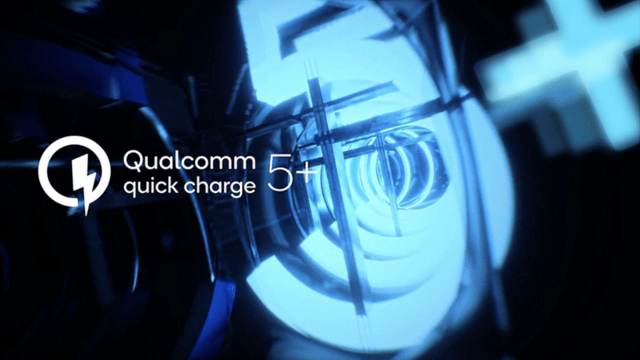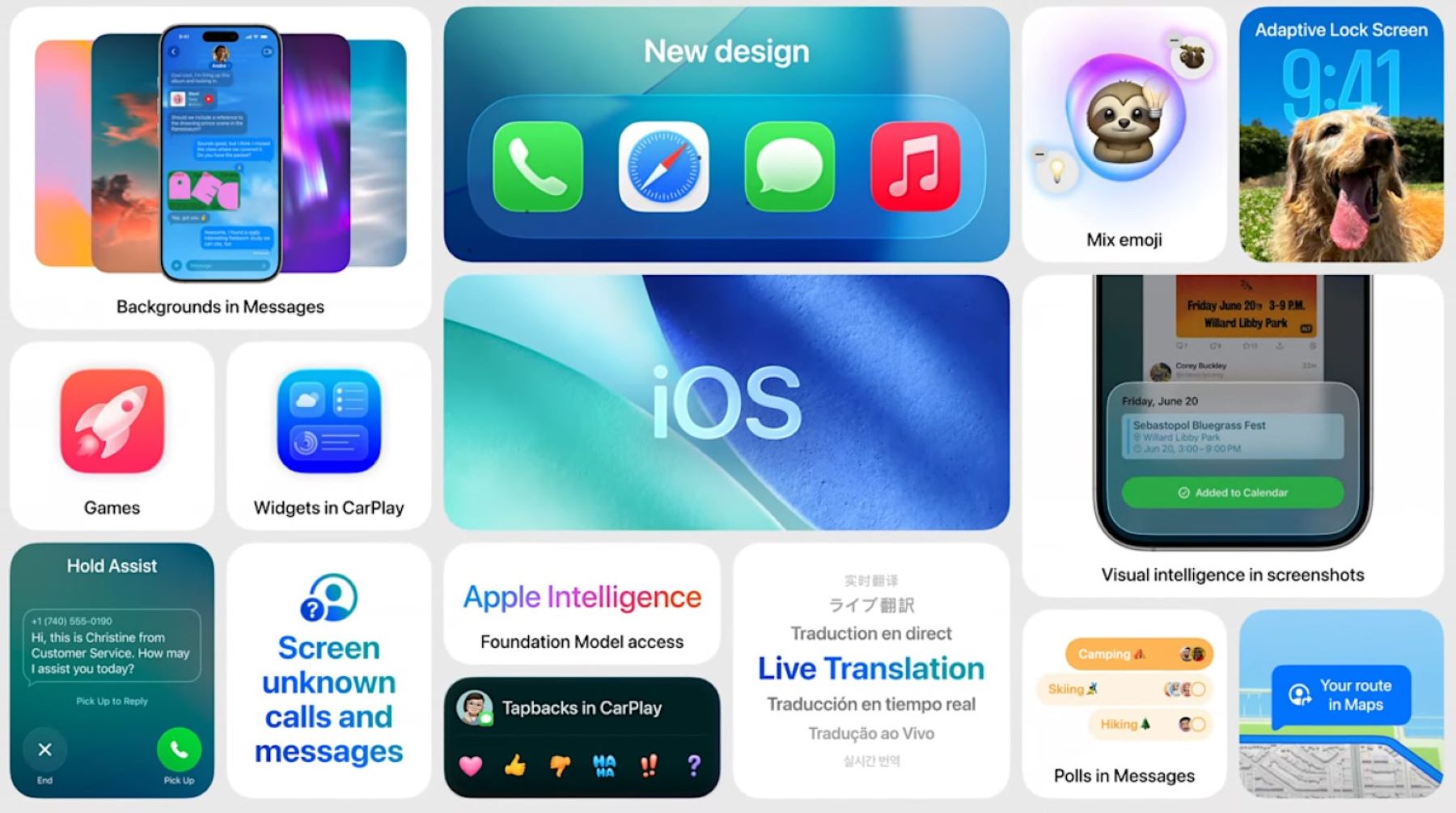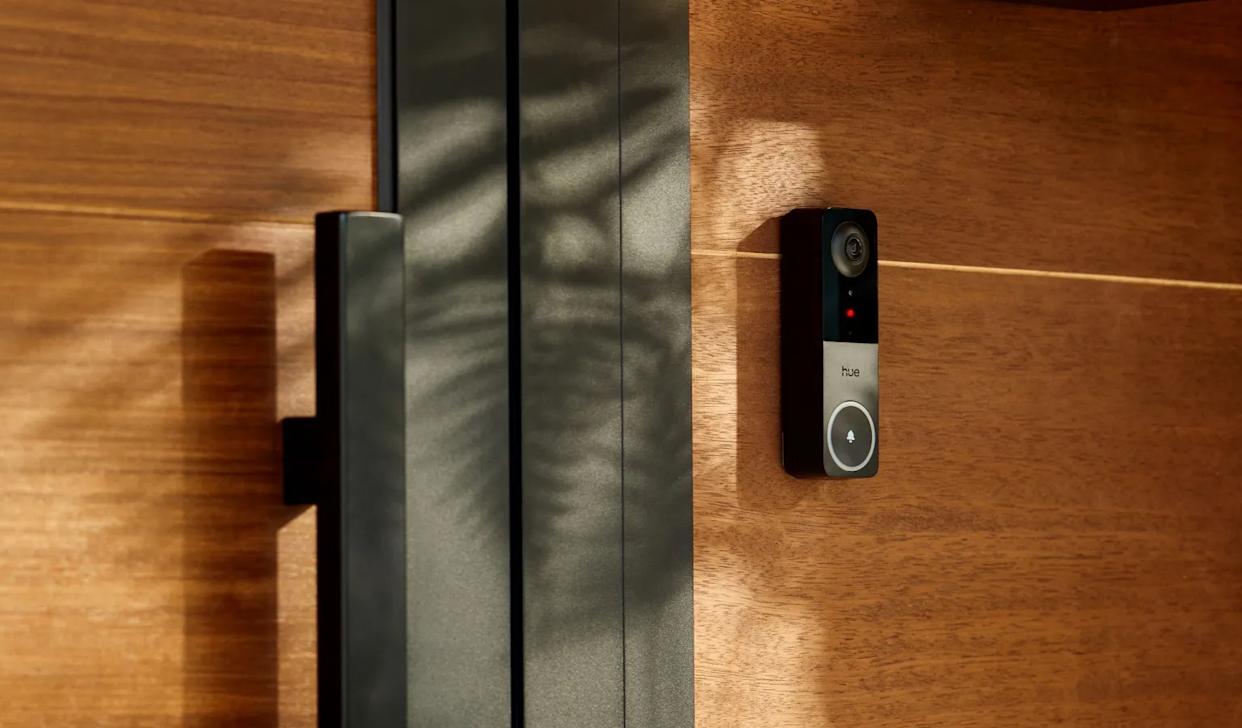The ESA has been using their Gravity and Ocean Circulation Explorer satellite to really get a thorough understanding of ocean mapping and ocean currents. The satellite may have burned up when it reentered the atmosphere of Earth back in 2013, but the eight months it spent in orbit gave scientists a treasure trove of information and data to use in mapping the Earth’s oceans.
The scientist’s revealed on Thursday that ultimately, these measurements are due to the satellites ability to collect and create a really stellar simulation of Earth’s oceans at a resting point. From there, the scientists say that they would be able to see how gravity and other factors impacted the currents, and how the currents interacted with each other.

Things like wind, for example, act independently of the wind when it comes to ocean currents – so this is an area that was ultra-appealing to scientists. Scientists have been trying to answer the questions surrounding gravity, and how it interacts with other factors on the ocean current like wind patterns.
Scientists note that the oceans and their currents carry, or push about 30% of the Earth’s overall heat – which is key to understanding how the climate is functioning here on Earth. The most obvious example of heat being transferred from one region in the Earth’s oceans to another would be The Gulf Stream. This carries warm water from the Gulf of Mexico, which sit upon the surface of the ocean. The impacts are really broad when it comes to this type of current, too. In fact, scientists have pinpointed that due to this particular Gulf Stream, coastal waters along Europe are warmer than their counterparts in the North Pacific. While the warmth increase is minor, it is something that scientists have been able to note – and have found it to be something worth noting.
http://thehoopsnews.com/2014/11/25/2134/att-sprint-verizon-offering-htc-one-m8-0-00-free-shipping/
“GOCE has really made a breakthrough for the estimation of ocean currents,” said Mari-Helene Rio from the Italian National Research Council’s Institute of Atmospheric Sciences and Climate noted regarding the mission, and the subsequent learning that will come from the advanced mapping. Since its launch in 2009, it has made 27000 orbits and collected more than 800 million measurement before returning the planet.
http://thehoopsnews.com/2014/11/24/2104/amazon-black-friday-deals-2014/
The subtle changes that were measured in Earth’s gravitational pull by GOCE will be used down the line by scientists from all sorts of areas and disciplines. Overall, these findings will have the ability to really change the way information regarding our oceans are learned.








Add Comment